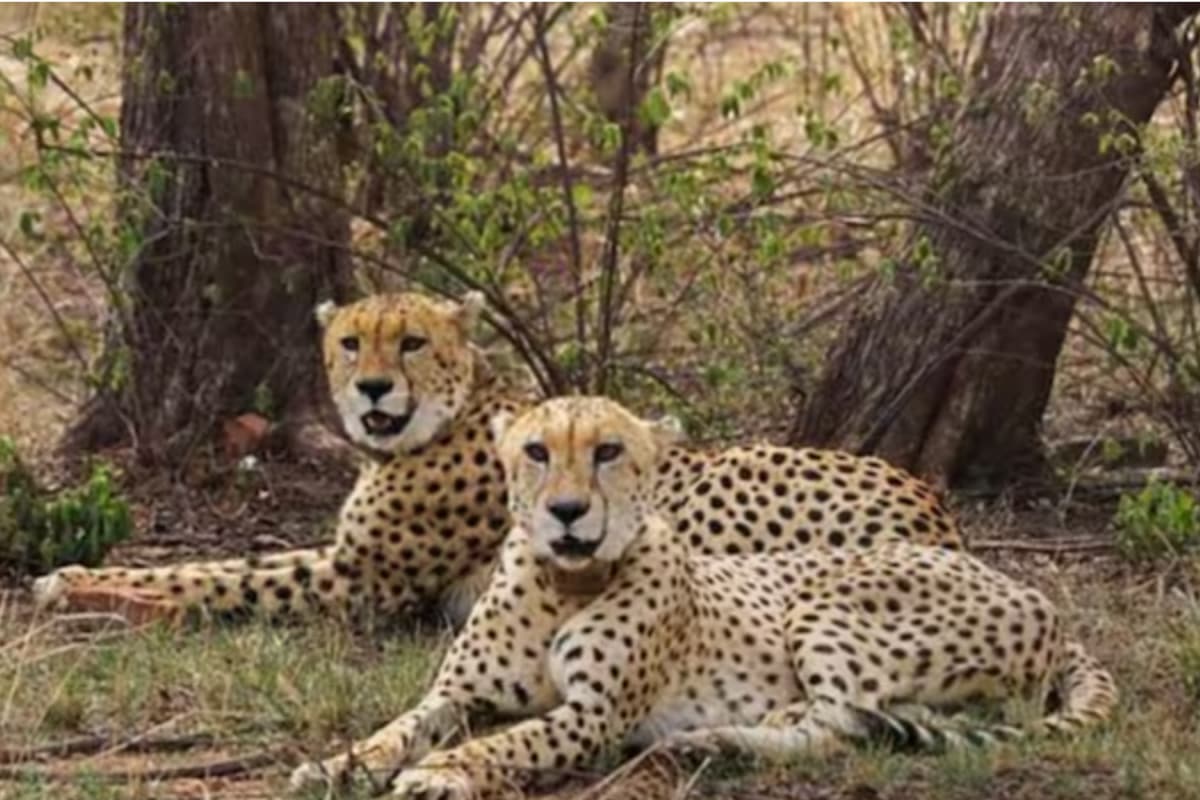

An eight-year-old cheetah named Nabha, who was translocated from Namibia to Kuno National Park (KNP) in Madhya Pradesh, has died due to injuries. With this recent death, the cheetah count at the park has decreased to 26.
This loss comes after a series of setbacks for the cheetah reintroduction project in India. In August 2024, a Namibian cheetah named Pawan was found dead at Kuno National Park. The male cheetah was discovered near a drain, with preliminary reports suggesting drowning as the cause of death. Veterinarians who inspected the body noted that the front half, including the head, was submerged in water, and there were no visible external injuries. A post-mortem examination was scheduled to confirm the cause of death. Pawan was the only free-roaming cheetah and had fathered two litters of cubs, known for his hunting skills. Following Pawan's death, a special investigation team (SIT) was formed to investigate the circumstances surrounding the incident but was disbanded shortly after its creation due to objections. Wildlife activists have called for an independent investigation into the management of Project Cheetah.
In another incident, two cheetah cubs were found dead in Kuno National Park in November 2024. A wildlife monitoring team discovered the bodies of the cubs, who belonged to the female cheetah Nirva. The cubs' remains were sent for testing, and a post-mortem examination was planned to determine the cause of death. Despite these losses, there has been some success in breeding, with several cubs born in India, contributing to the cheetah population in Kuno.
The cheetah reintroduction project aims to re-establish a stable cheetah population in India and is seen as a symbol of the country's commitment to wildlife conservation and ecological balance. Most of the cheetahs are currently kept in special enclosures and are expected to be released into the wild after the monsoon season.